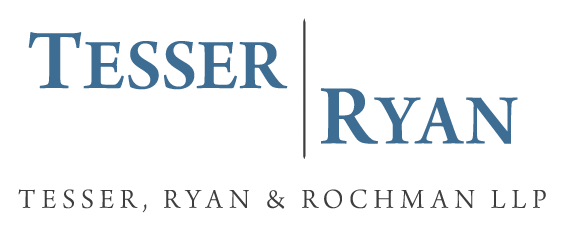May an Employee be Terminated for Certified Use of Marijuana?
By Daniel Reichelscheimer (Junior Associate) and Gregory J. Ryan (Senior Partner)
In 2014, Gov. Andrew Cuomo signed into law the Compassionate Care Act (“CCA”), which legalized medical marijuana in New York State. The CCA allows individuals who suffer from designated serious conditions—including cancer, HIV and epilepsy—to be certified by their physicians to receive marijuana for medical use.
The CCA affords significant legal protection to certified marijuana users. The CCA prohibits a business from taking disciplinary action against a certified user “solely for the certified medical use” of marijuana. Additionally, a certified user is deemed to have a “disability” under New York State Human Rights law (NYSHRL). This classification should give employers pause; it raises the fearsome specter of anti-discrimination lawsuits against employers who discipline employees for medical marijuana use.
Under the NYSHRL, a company in the private sector is permitted to conduct random or suspicionless drug-testing of its employees, and to lawfully fire an employee who tests positive for illegal drugs. Nevertheless, the NYSHRL prohibits employers from firing an individual because of the individual’s disability; and the New York City Human Rights Law prohibits employers from firing an individual because of the individual’s actual or perceived disability.
The effect of these laws is clear: they make it unlawful for an employer to discipline or terminate an employee who is a certified user simply because the employee tested positive for marijuana. Such disciplinary action may expose the employer to civil and criminal liability under the New York State Civil Rights Law.
These laws raise an even more worrisome question for employers: whether an employer may lawfully fire an employee who is a certified user for working under the influence of marijuana. Fortunately for employers, the CCA itself answers this question in the affirmative; it expressly provides that its non-discrimination provision “shall not bar the enforcement of a policy prohibiting an employee from performing his or her employment duties while impaired by a controlled substance,” or “require any person or entity to do any act that would put the entity in violation of federal law or cause it to lose a federal contact or funding.” Employers, therefore, continue to be permitted to fire any employee for working under the influence of marijuana, as long as they do so pursuant to an established workplace policy.
If you have any questions about your rights and obligations, please contract Tesser, Ryan & Rochman, LLP at (212) 754-9000
